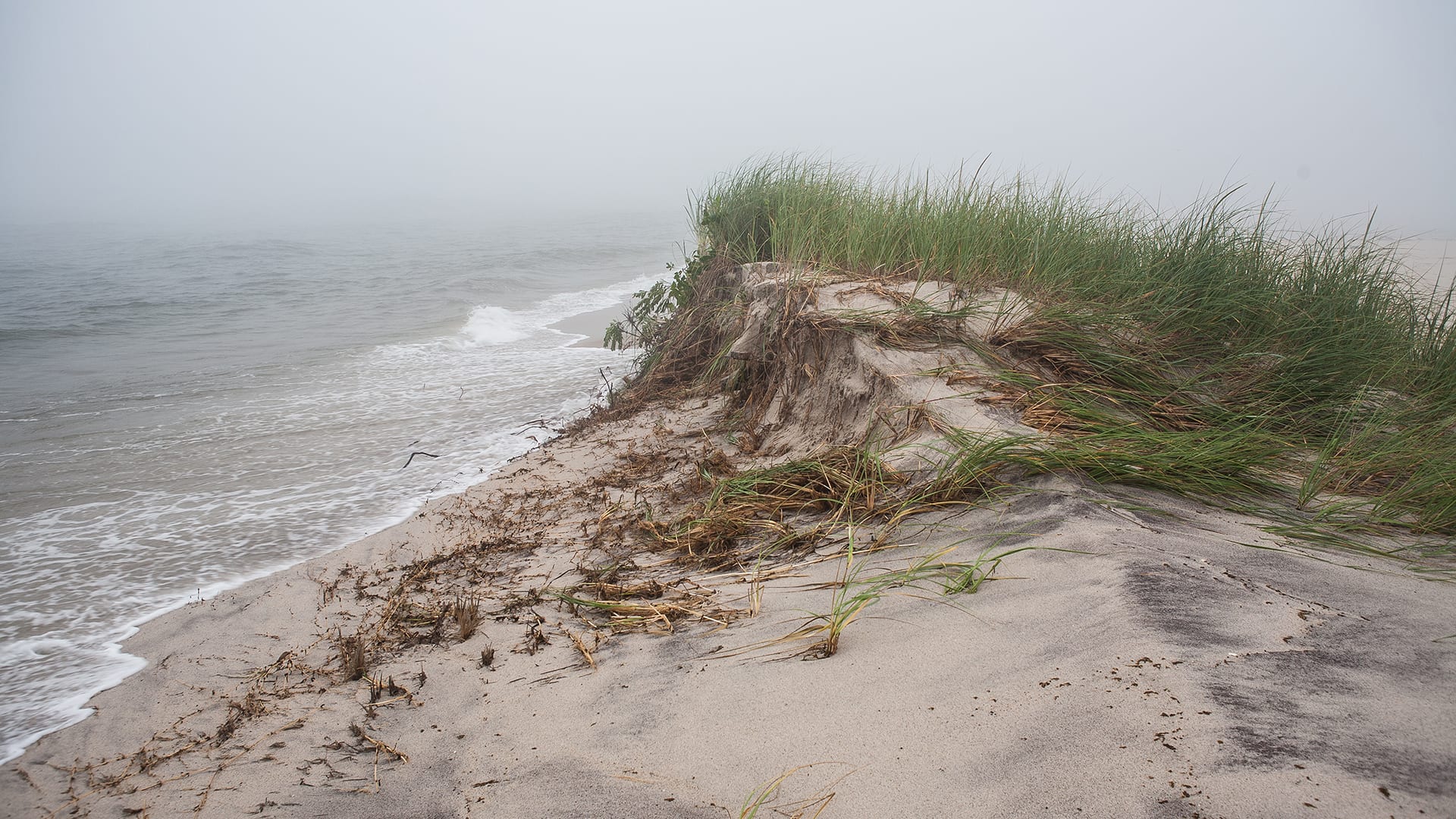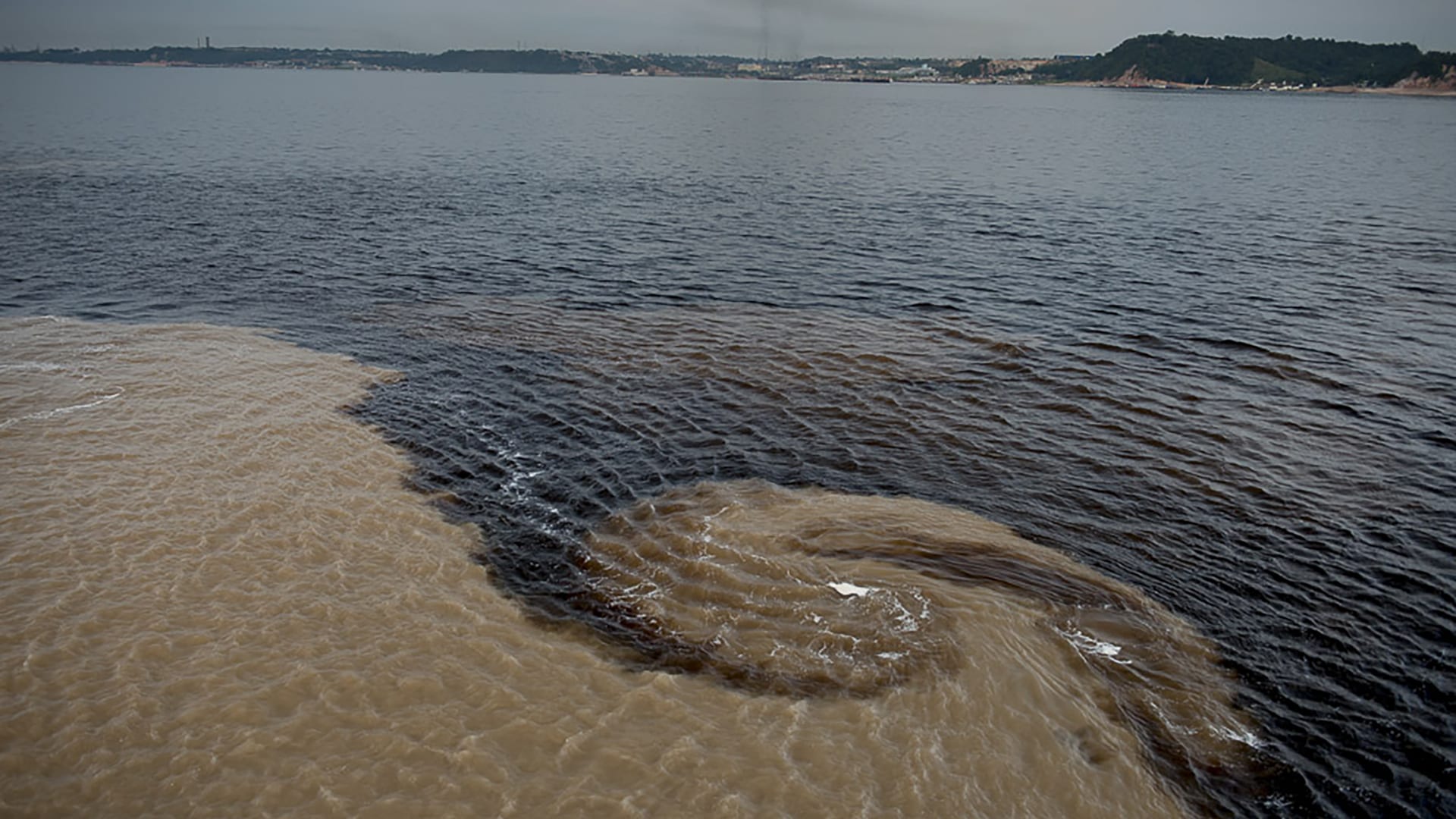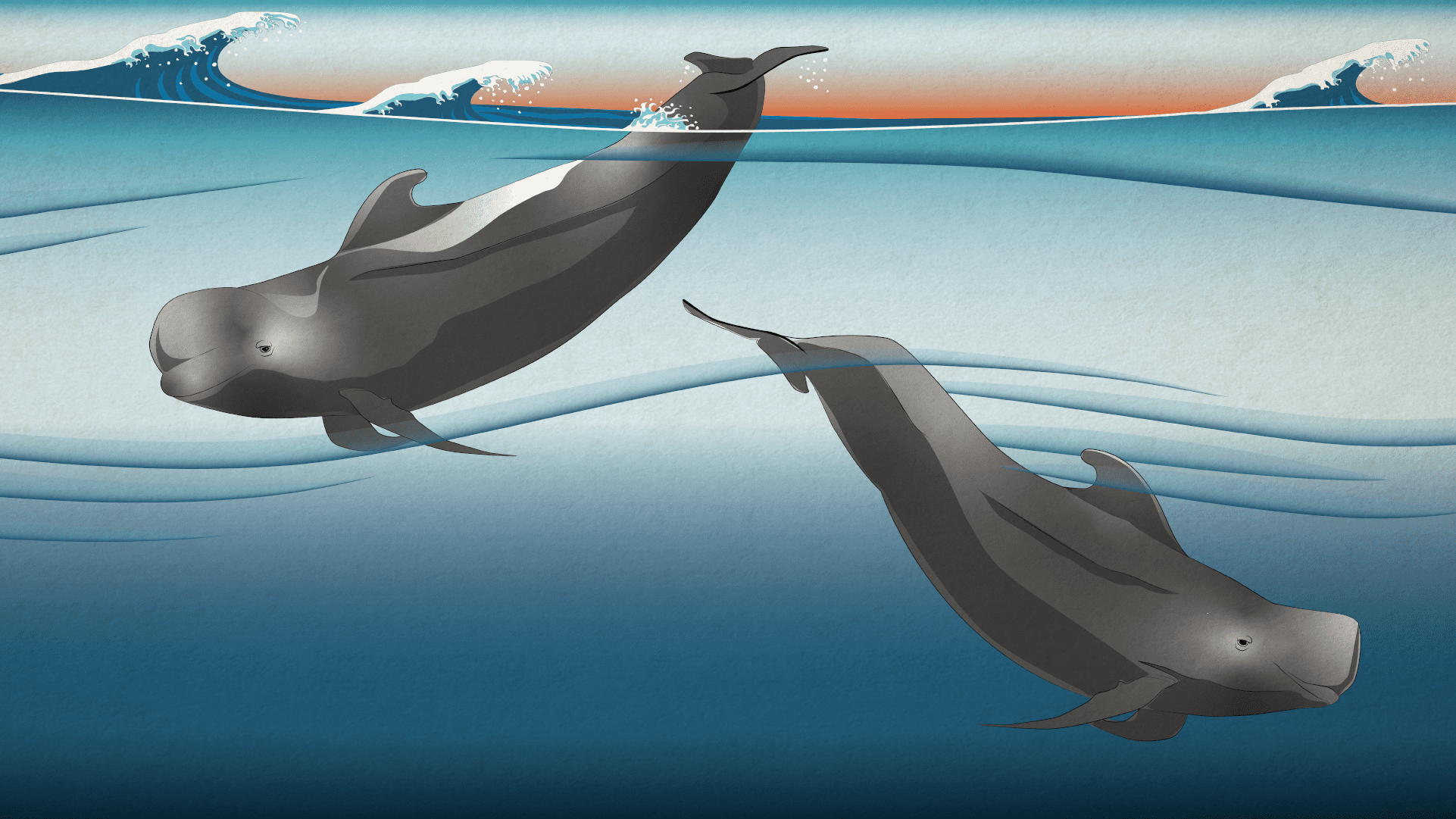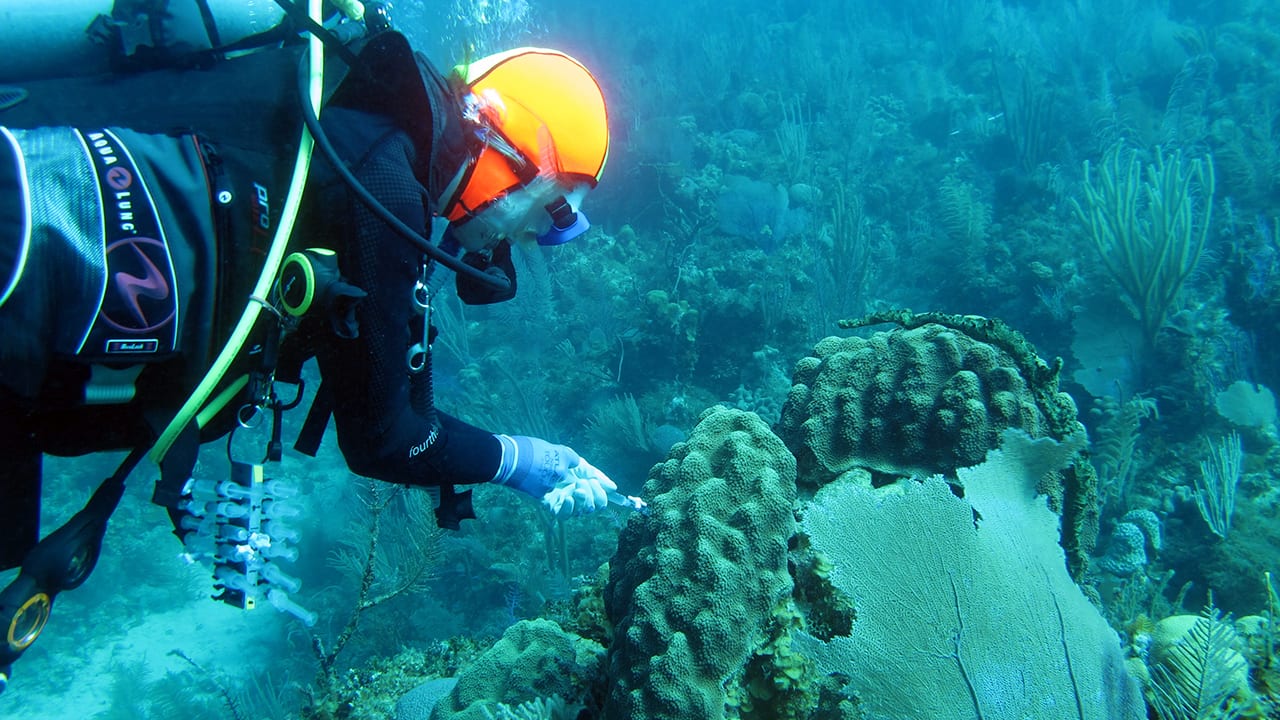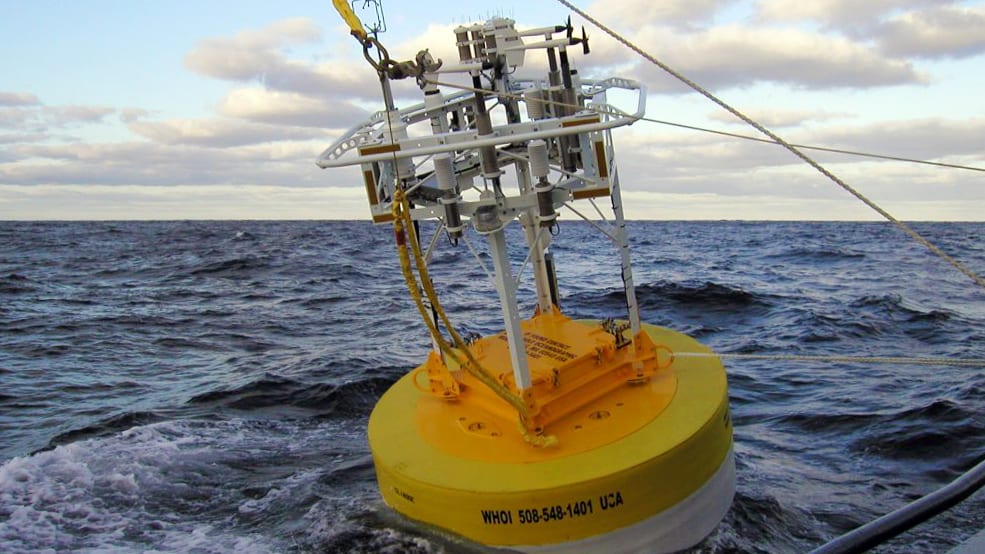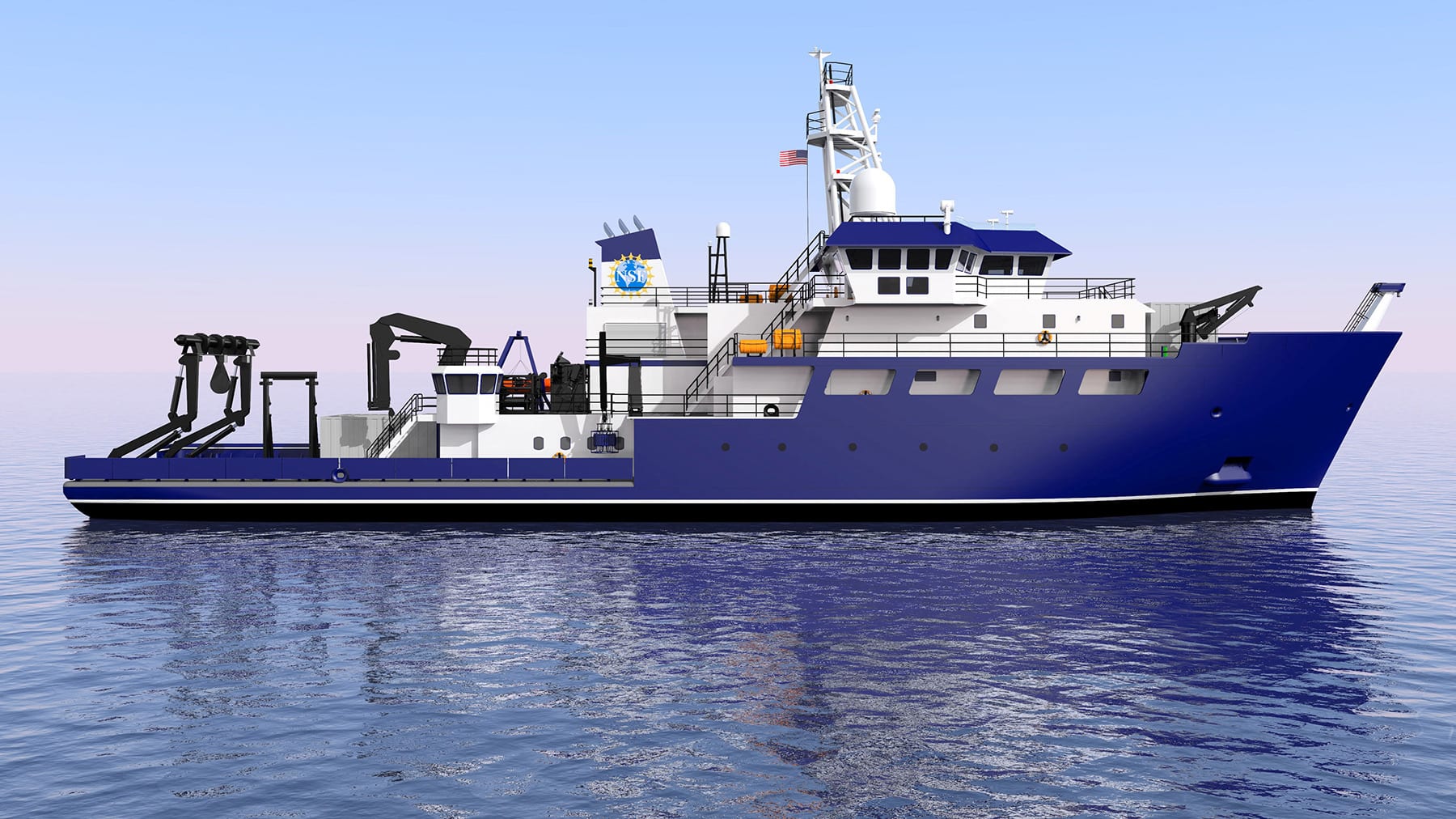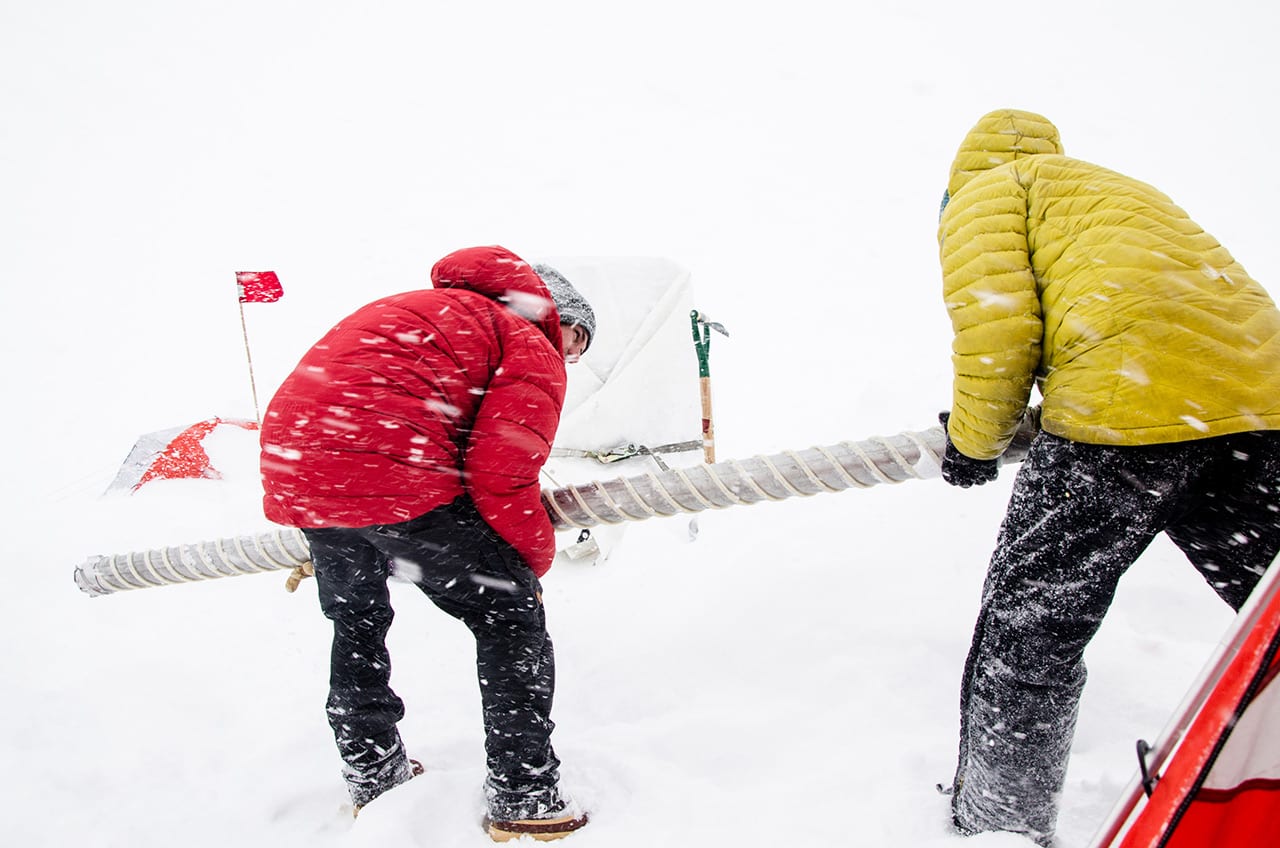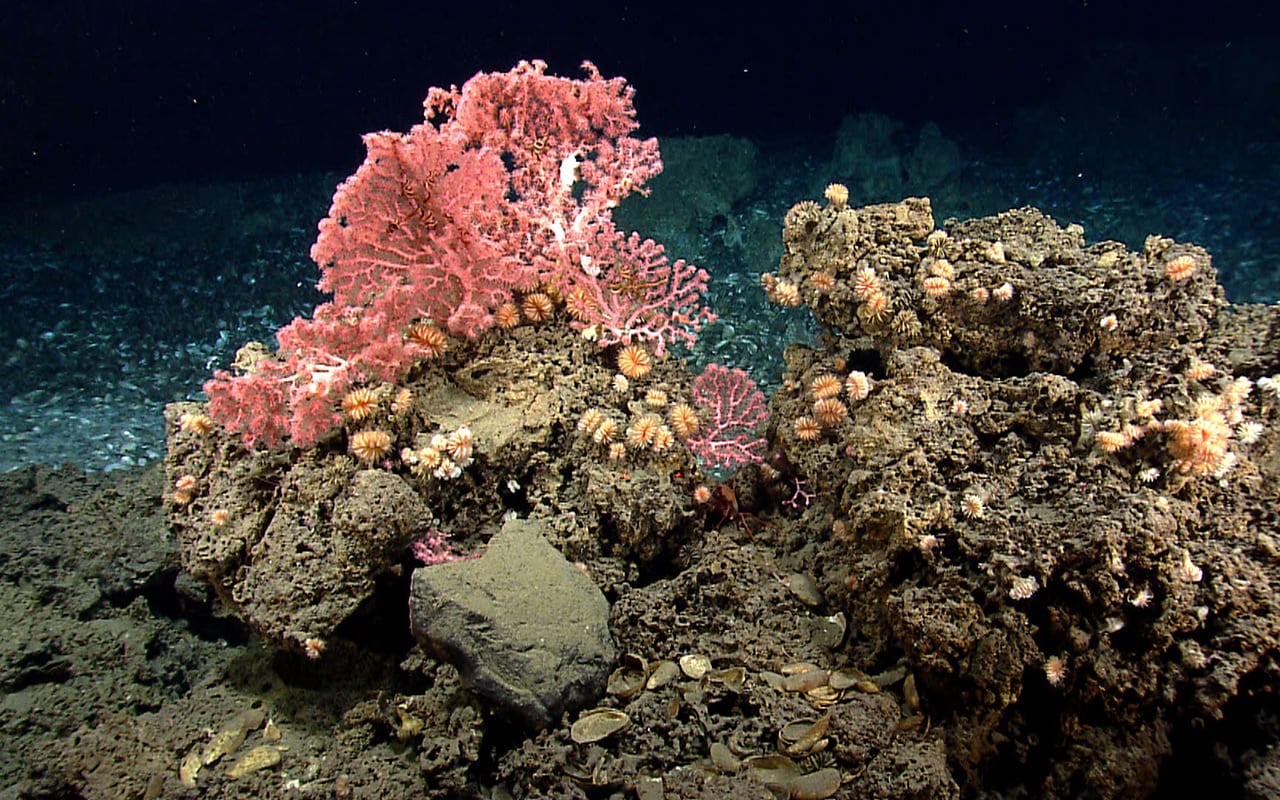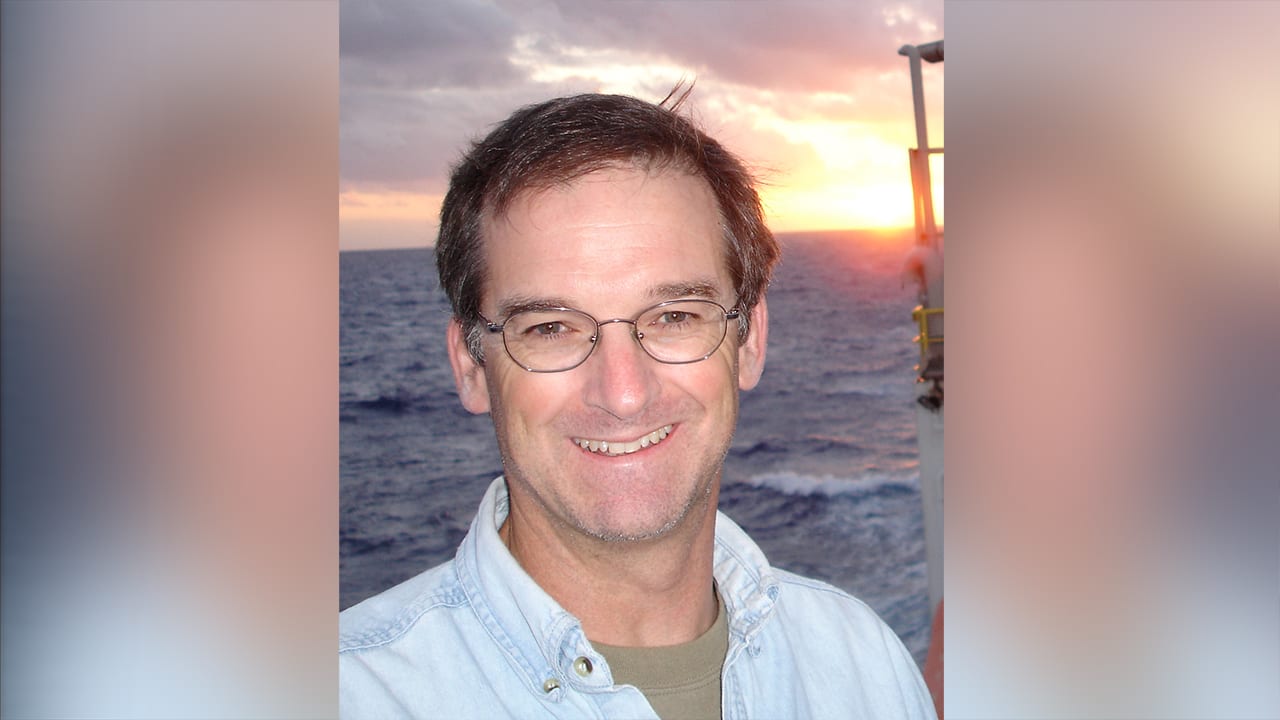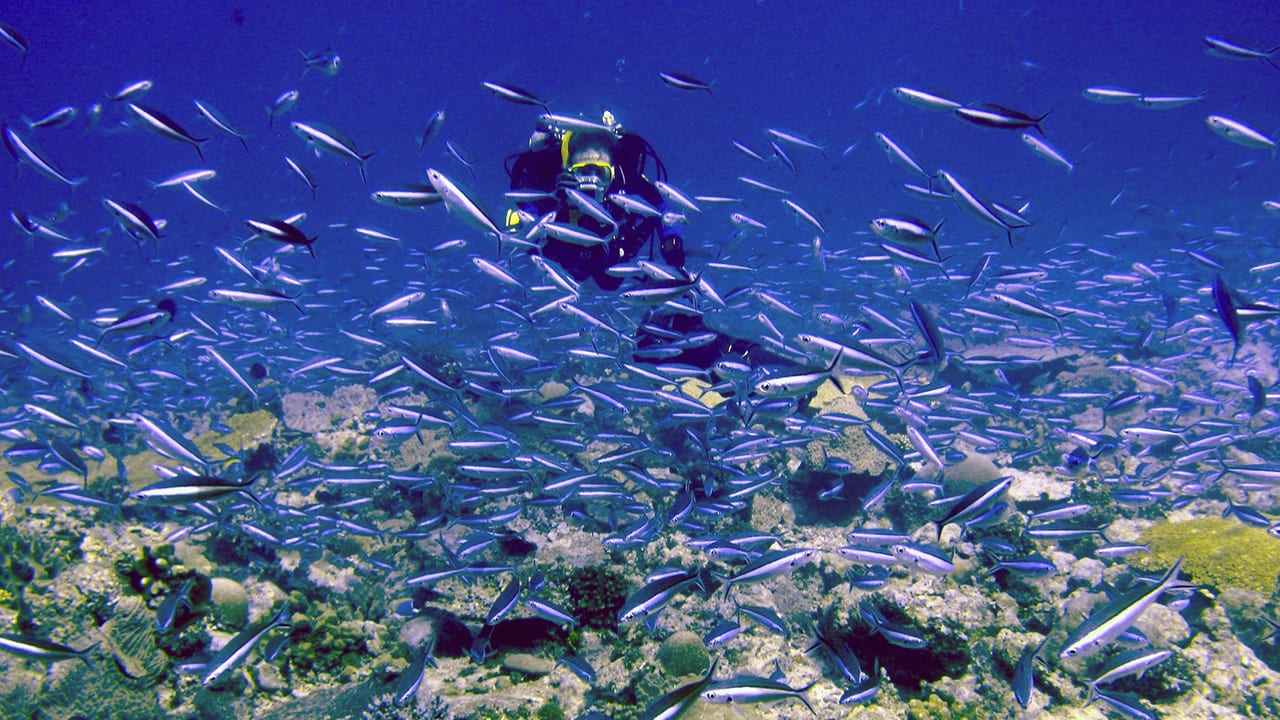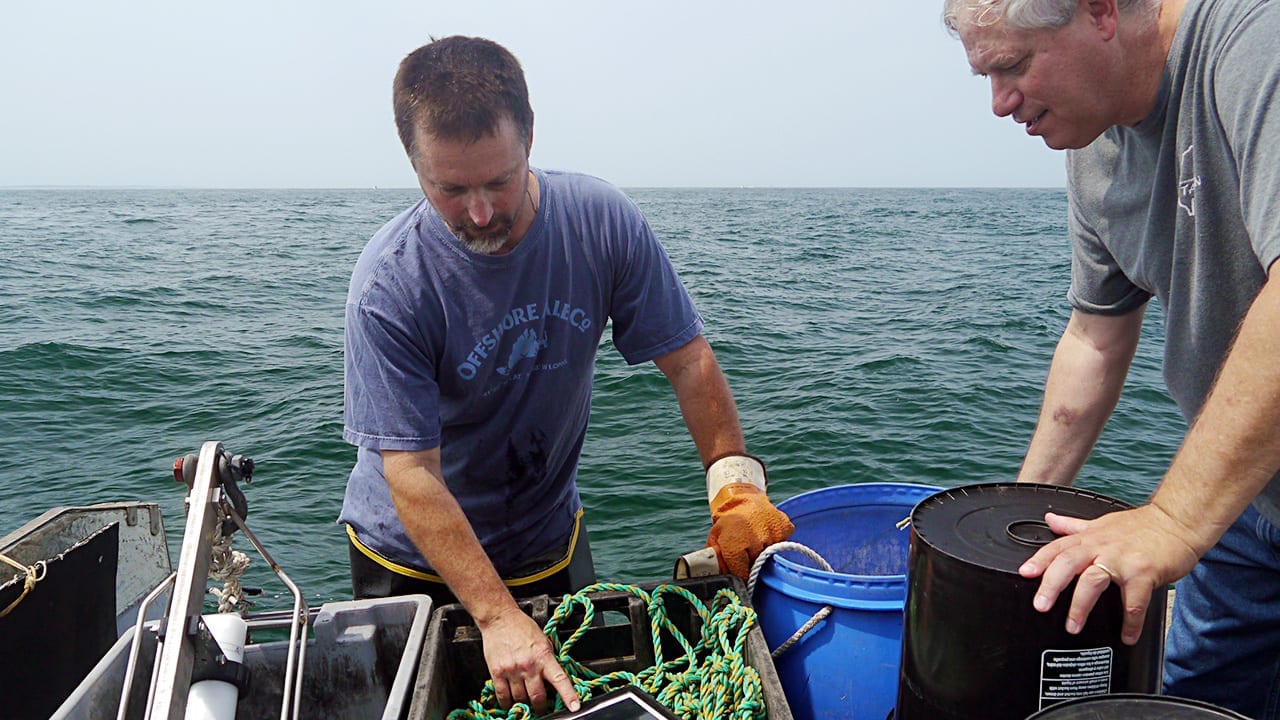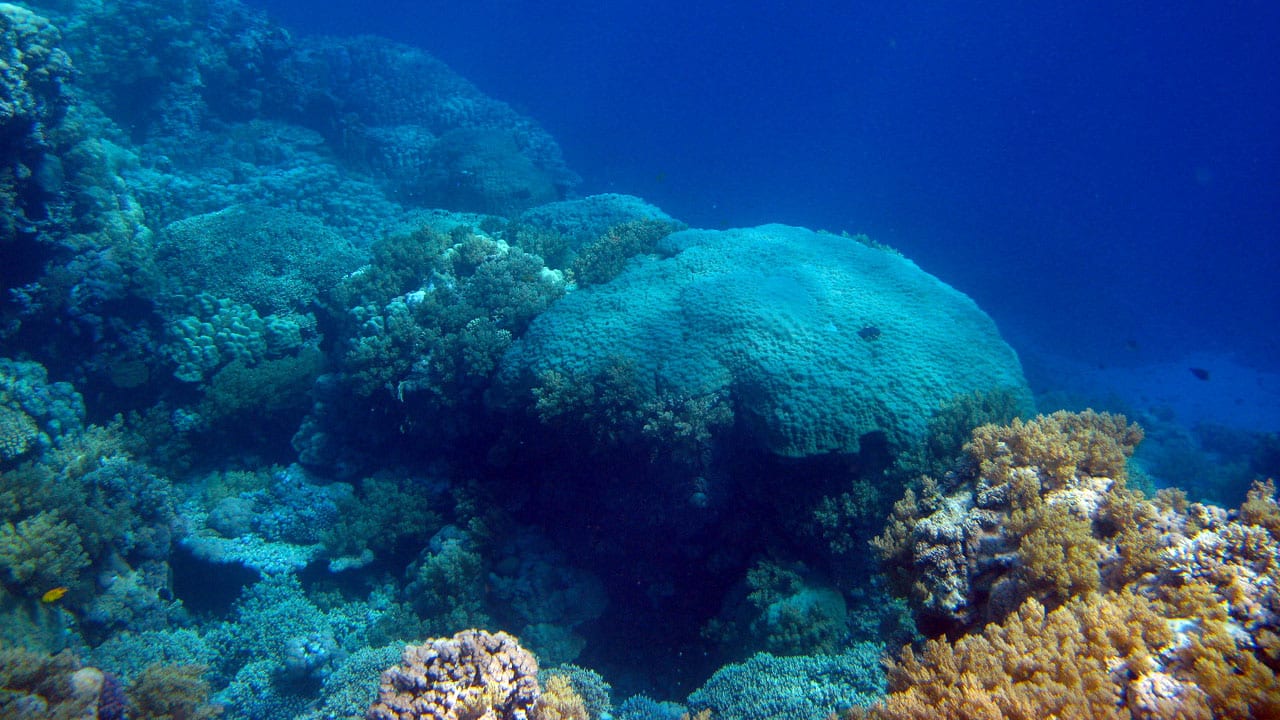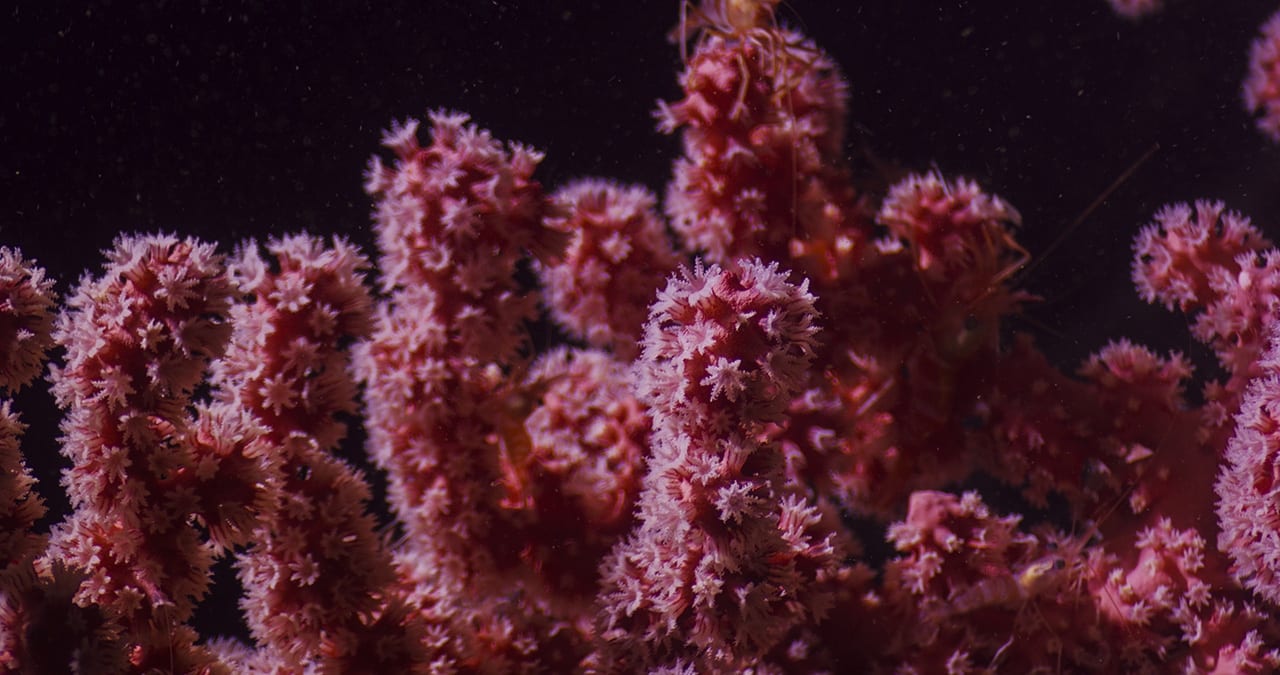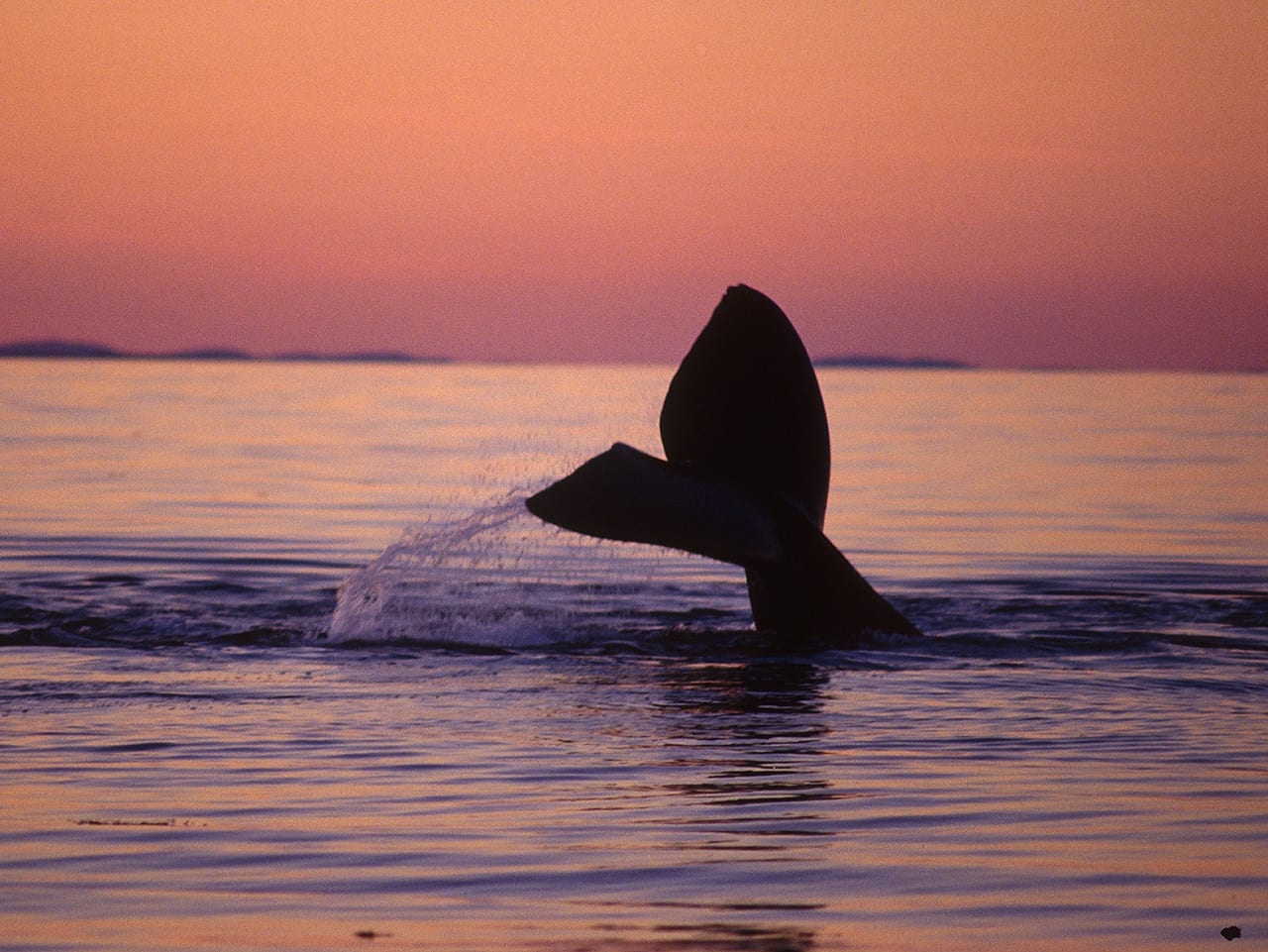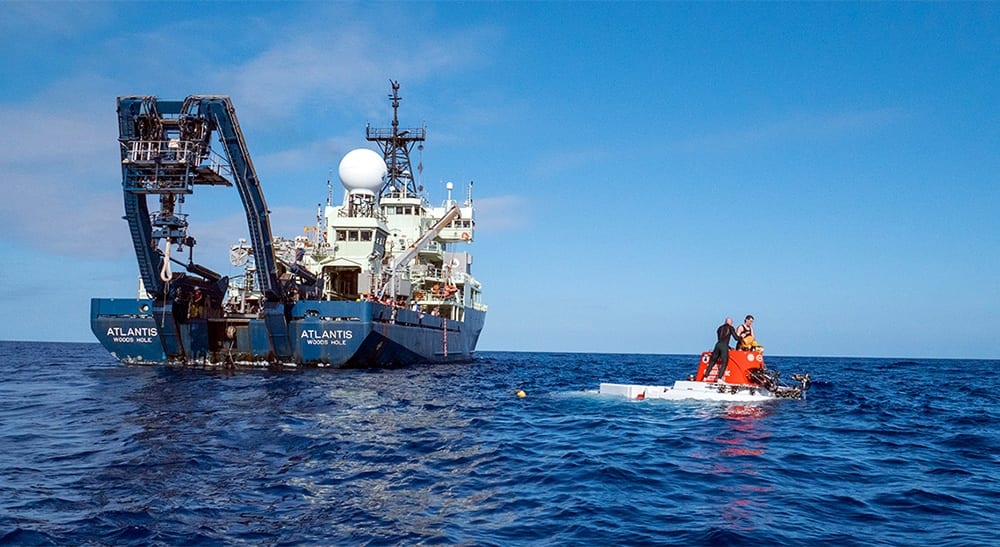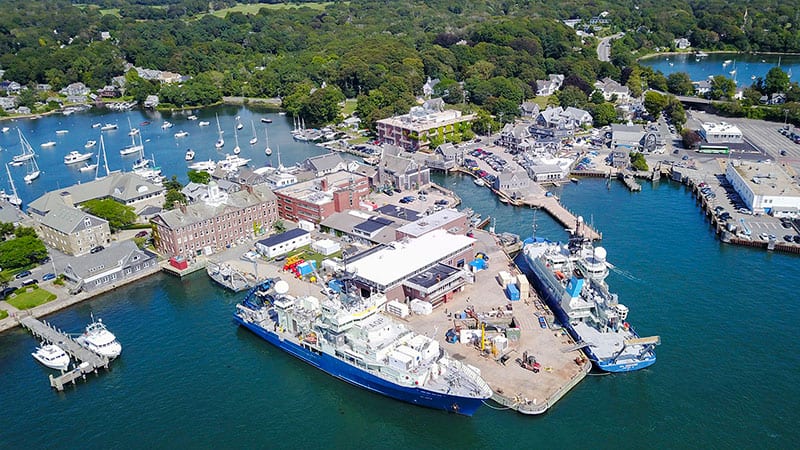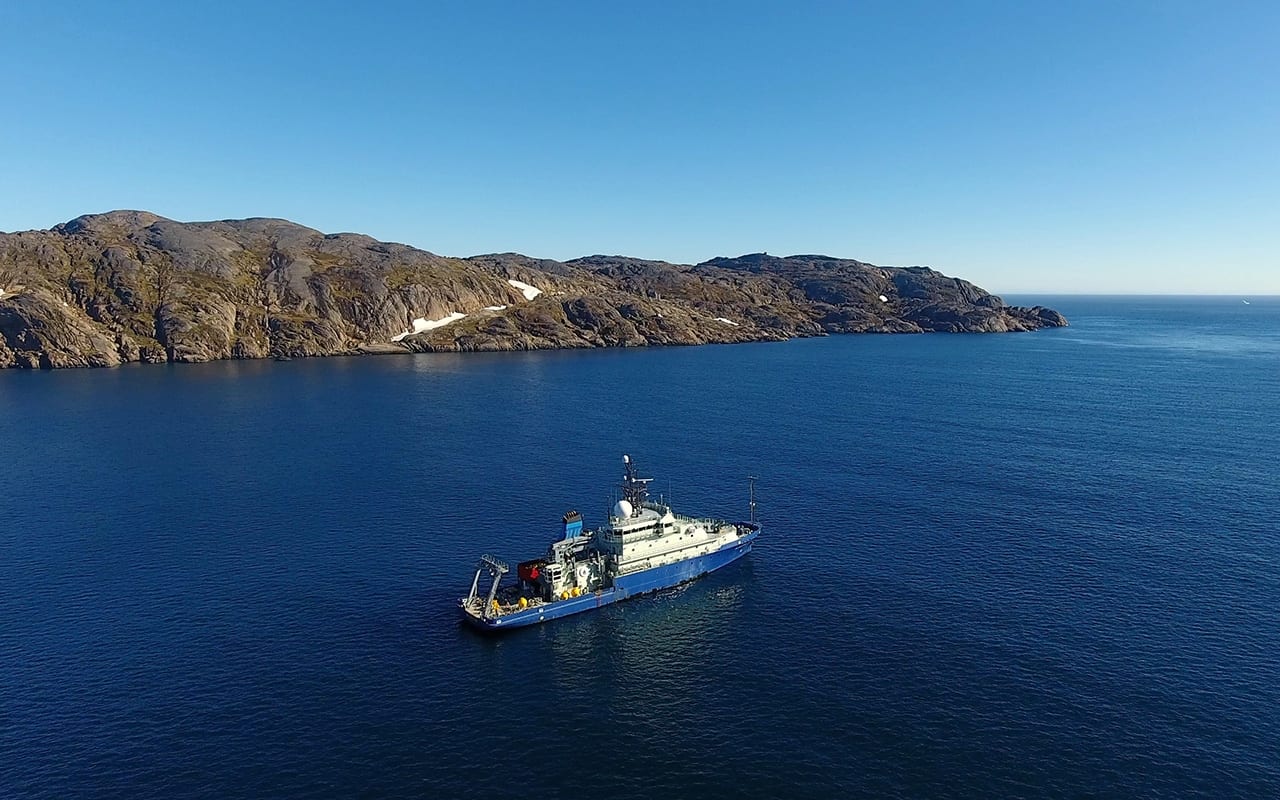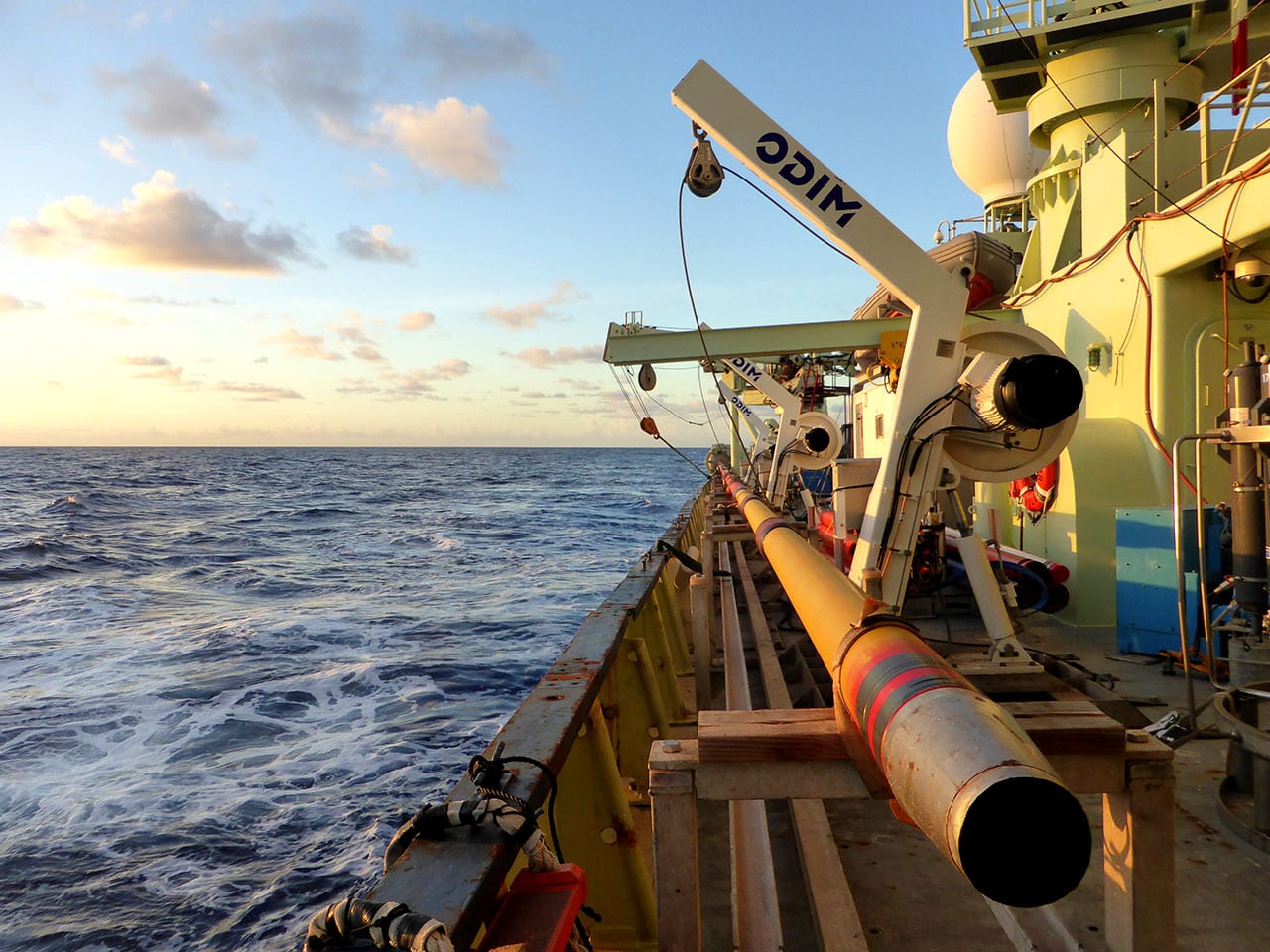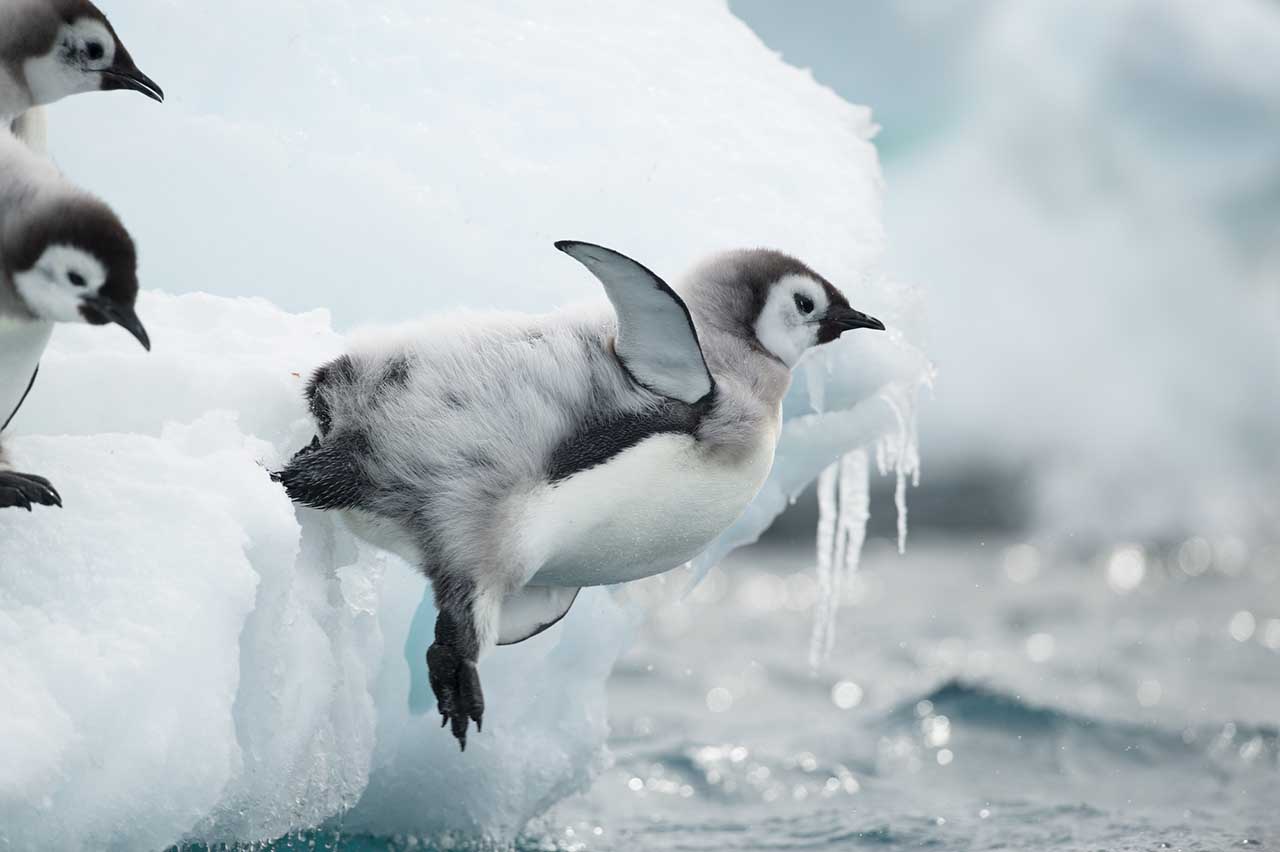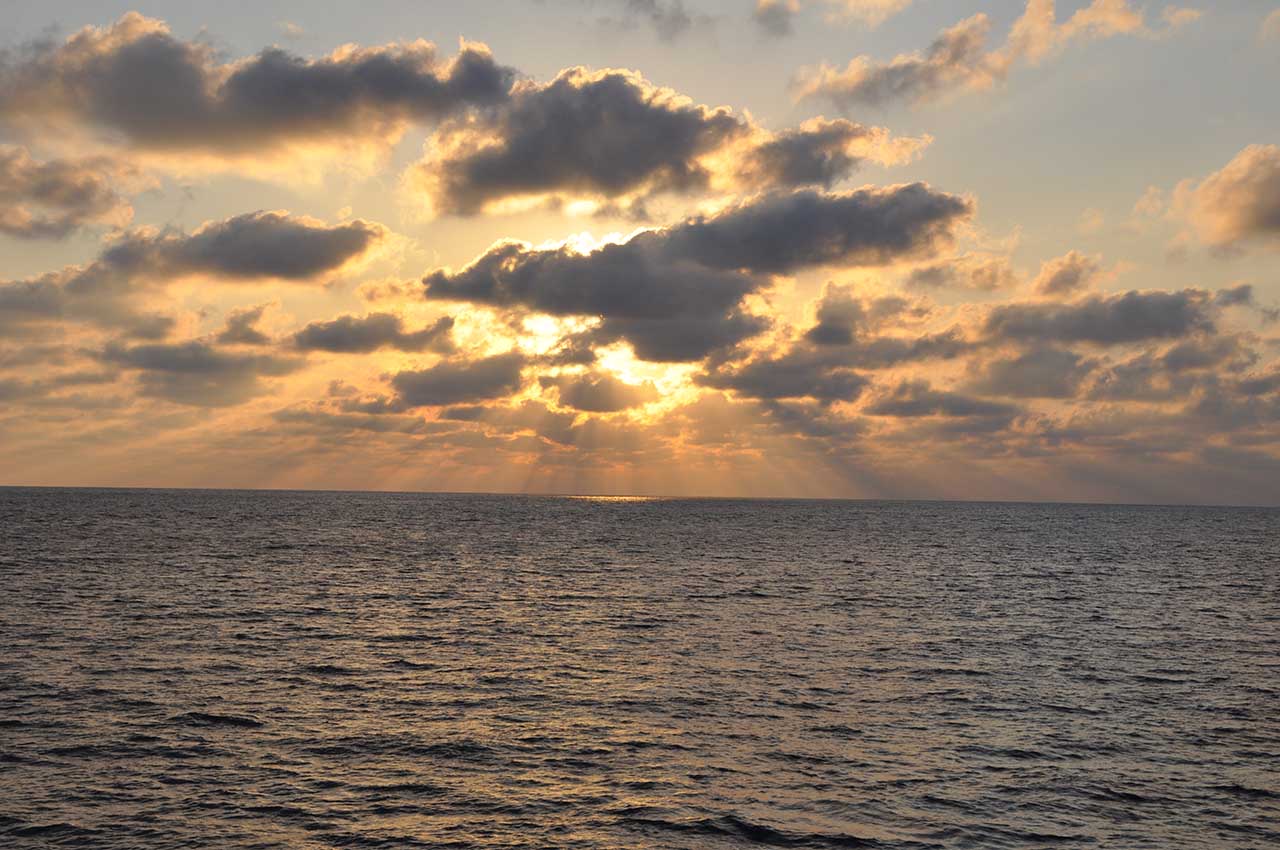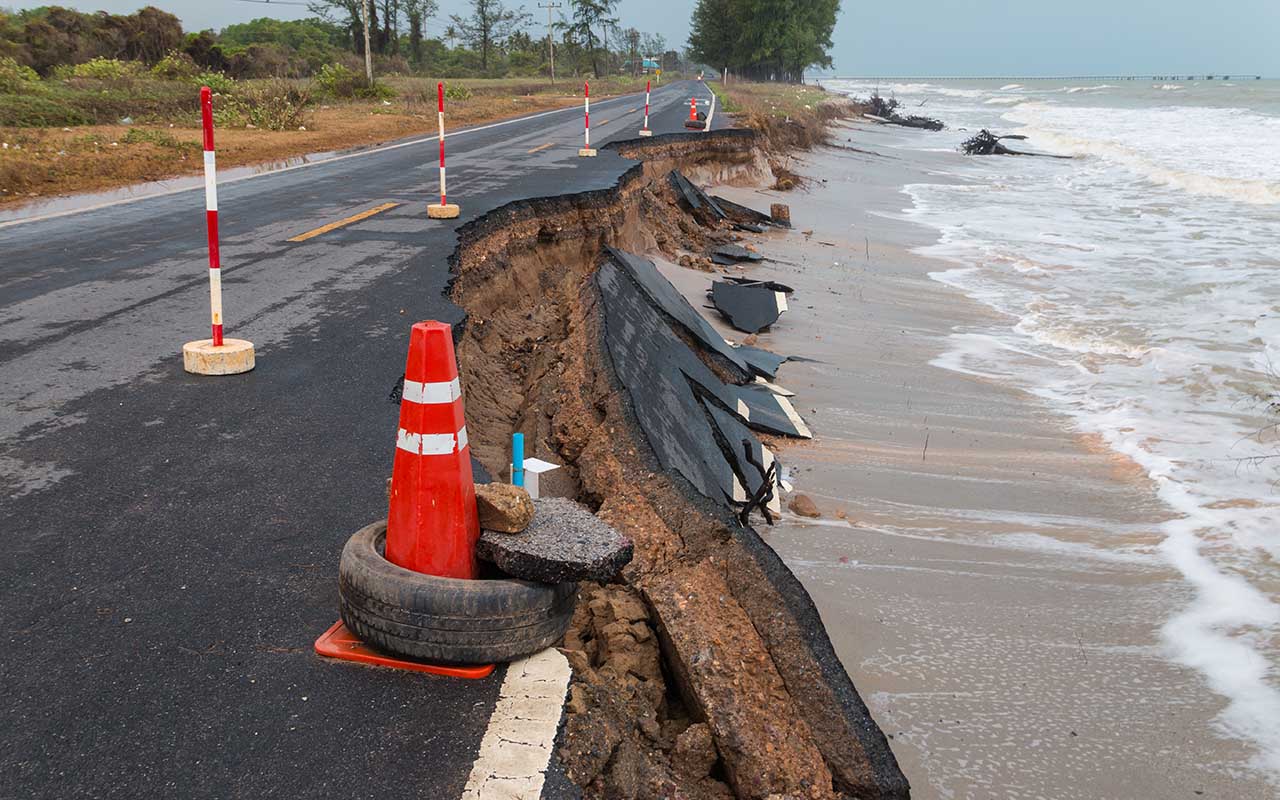News Releases
Study Finds No Direct Link Between North Atlantic Ocean Currents, Sea Level Along New England Coast
A new study by the Woods Hole Oceanographic Institution (WHOI) clarifies what influence major currents in the North Atlantic have on sea level along the northeastern United States. The study, published June 13 in the journal Geophysical Research Letters, examined both the strength of the Atlantic Meridional Overturning Circulation (AMOC)—a conveyor belt of currents that move warmer waters north and cooler waters south in the Atlantic—and historical records of sea level in coastal New England.
Read MoreOrganic Carbon Hides in Sediments, Keeping Oxygen in Atmosphere
A new study from researchers at the Woods Hole Oceanographic Institution (WHOI) and Harvard University may help settle a long-standing question—how small amounts of organic carbon become locked away in…
Read MoreSurprising Enzymes Found in Giant Ocean Viruses
Findings could represent new drug targets for human pathogens A new study led by researchers at Woods Hole Oceanographic Institution (WHOI) and Swansea University Medical School furthers our knowledge of…
Read MoreNew Sub-species of Pilot Whale Identified in Pacific Ocean
Short-finned pilot whales have long been recognized as a single species, but a recent study found that two unique subspecies actually exist.
Read MoreNew Study Finds Distinct Microbes Living Next to Corals
WHOI scientists distinct discover microbes living just a few centimeters from the surface of corals near the southern coast of Cuba. The discovery may yield clues about the ecological functions of microbes, and how they find and infect coral colonies.
Read MoreNOAA Names Woods Hole Oceanographic Institution to Host Cooperative Institute
The National Oceanic and Atmospheric Administration (NOAA) selected Woods Hole Oceanographic Institution (WHOI) to host NOAA’s Cooperative Institute for the North Atlantic Region (CINAR). Cooperative Institutes are NOAA-supported, non-federal organizations…
Read MoreConstruction Begins on New Regional Class Research Vessel
Officials from the Woods Hole Oceanographic Institution (WHOI) took part in a keel-laying ceremony this week to mark the start of construction of R/V Resolution, a new $125 million Regional Class Research Vessel (RCRV) funded by the National Science Foundation (NSF).
Read MoreNorth Atlantic Ocean productivity has dropped 10 percent during industrial era
Scientists at MIT, Woods Hole Oceanographic Institution (WHOI), and elsewhere have found evidence that phytoplankton’s productivity is declining steadily in the North Atlantic, one of the world’s most productive marine basins.
Read MoreWHOI to Join $94 Million Cooperative Institute
WHOI will join a new consortium led by the University of Rhode Island Graduate School of Oceanography to support ocean exploration.
Read MoreWHOI Names Rick Murray Deputy Director & Vice President for Research
The Woods Hole Oceanographic Institution (WHOI) announces that Dr. Richard W. Murray has accepted the position of the Deputy Director & Vice President for Research of the institution. He will assume…
Read MoreWoods Hole Oceanographic Institution Receives $5 Million to Accelerate the Advancement of Knowledge about the Ocean
The Deerbrook Charitable Trust has awarded $5 million to Woods Hole Oceanographic Institution (WHOI) to establish the Deerbrook Ocean Science Acceleration Fund (DOSA Fund). This gift launches the new WHOI…
Read MoreNews tip: Study of Fishermen, Scientists Partnerships Published
A review paper recently published in the journal Annual Review of Marine Science highlights the value of collaboration between researchers and fishing fleets in monitoring ocean conditions in New England…
Read MoreMicrobes May Act as Gatekeepers of Earth’s Deep Carbon
Two years ago an international team of scientists visited Costa Rica’s subduction zone, where the ocean floor sinks beneath the continent and volcanoes tower above the surface. They wanted to…
Read MoreCorals in the Red Sea Offer Long-term View of South Asian Monsoon
Using chemical data from corals in the Red Sea, WHOI scientists reconstructed nearly three centuries of wind data that provided a definitive, natural record of the monsoon’s intensity. The finding, published online March 28 in the journal Geophysical Research Letters, show that monsoon winds have indeed increased over the past centuries.
Read MoreNew Deep-Sea Coral Species Discovered in Atlantic Marine Monument
New ‘bubblegum’ corals found in Northeast Canyons and Seamounts National Monument during human-occupied submersible dives.
Read MoreNew Report Explores Threats, Solutions Impacting Right Whales
The North Atlantic right whale is a critically endangered whale species that is protected under the U.S. Endangered Species Act, the Marine Mammal Protection Act, and Canadaâs Species at Risk Act. These animals, of which there are only 411 remaining, are often found within 50 miles of the East Coast of North America, making them vulnerable to human activities.
Read MoreWHOI to be Featured in Upcoming BBC Program ‘Blue Planet Live’
Scientists, engineers, vehicle operators, and ship crew from the Woods Hole Oceanographic Institution (WHOI) will be a featured part of the upcoming BBC program, Blue Planet Live, which will air over four nights beginning March 24. The series will include two live broadcasts from the research vessel Atlantis showing launch and recovery of the human-occupied submersible Alvin.
Read MoreWHOI Selects New Chief Development Officer
Woods Hole Oceanographic Institution (WHOI) has selected Court Clayton, an expert in fundraising and philanthropic giving, as the Institutionâs new Chief Development Officer (CDO). Clayton brings two decades of frontline fundraising and management experience to WHOI within higher education and global non-governmental organizations.
Read MoreWHOI, Falmouth Win Second Seaport Economic Council Grant
Members of the Massachusetts Seaport Economic Council (SEC) gave the green-light to a $1 million grant proposal from the Town of Falmouth and Woods Hole Oceanographic Institution (WHOI). The SEC, chaired by Lieutenant Governor Karyn Polito, promotes economic growth in the maritime sector through competitive grants to municipalities and their partners.
Read MoreWaters West of Europe Drive Ocean Overturning, Key for Regulating Climate
In the Atlantic MOC, warm, salty, shallow waters are carried northward from the tropics by currents and wind, and then converted into colder, fresher, deep waters that return southward through the Iceland and Irminger basins. In a departure from the prevailing scientific view, the study shows that most of the conversion from warm to cold water – or ‘overturning’ and its month-to-month variability – is occurring in regions between Greenland and Scotland, rather than in the Labrador Sea off Canada, as many past modeling studies have suggested.
Read MoreFor Zombie Microbes, Deep-Sea Buffet is Just Out of Reach
Far below the ocean floor, sediments are teeming with bizarre zombie-like microbes. Although they’re technically alive, they grow in slow motion, and can take decades for a single cell to divide – something their cousins at the surface do in a matter of minutes. A new study from the Woods Hole Oceanographic Institution (WHOI) is beginning to pick apart how they survive by examining their source of food, nearby molecules of organic carbon. The study helps further our understanding of the limitations of life on Earth and could help inform how life might exist on other planets.
Read MoreEmperor Penguins’ First Journey to Sea
The paper, published Jan. 17, 2019, in the journal Marine Ecology Progress Series, also highlights the unique connection between juvenile diving behaviors and a layer of the ocean, known as the thermocline, where warmer surface waters meet cooler deep waters below and where their prey likely gather in groups.
Read MoreThe long memory of the Pacific Ocean
Researchers from the Woods Hole Oceanographic Institution (WHOI) and Harvard University have found that the deep Pacific Ocean lags a few centuries behind in terms of temperature and is still adjusting to the entry into the Little Ice Age. Whereas most of the ocean is responding to modern warming, the deep Pacific may be cooling.
Read MoreWhy Is Sea Level Rising Faster in Some Places Along the U.S. East Coast Than Others?
Sea levels are rising globally from ocean warming and melting of land ice, but the seas aren’t rising at the same rate everywhere. Sea levels have risen significantly higher in some U.S. East Coast regions compared to others. A new study led by the Woods Hole Oceanographic Institution (WHOI) reveals why.
Read More
